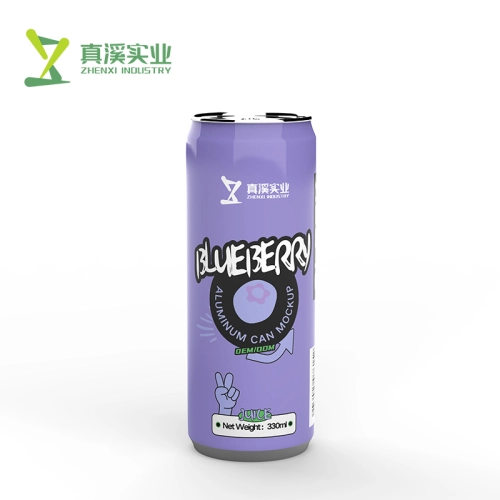Advancements in beverage cans have positioned the industry to concentrate on sustainability, function and consumer experience. We now see lightweighting played a big roll in making cans today 20% lighter than they were two decades ago. This saves not only on cost of the materials but also has a lesser number of cans that need to be transported which can decrease transportation costs and your carbon footprint.
QR/ES and NFC Labeling for Consumer Interaction, Product Information New technologies like these serve to deepen brand engagement and offer manufacturers valuable insights into consumer preferences and behavior.
Keeping recyclability at the forefront of beverage can innovation They recycle at 75%, which is a way higher guarantee than plastic bottles. A closed-loop recycling process that turns a recycled can back into the shelf as a new beverage in just 60 days underscores how incredibly scalable the material itself is--click to watch!
A major change is temperature-sensitive inks and coatings. The temperature sensitive inks change color depending on whether the can is at an ideal drinking temp or not. This enhances the consumer experience and also leads to brand differentiation on a crowded retail shelf.
Ball Corporation, a lager in the beverage can industry has been utilizing lightweight high-strength aluminum alloys for its line of cans. These give them the durability they need while taking out some of the extra weight from a whole pint can. Among others, Ball have come up with innovations which they attribute to a 10% reduction in can weight over the last five years benefiting both environment and purse.

The resalable can tops offer consumers an on-the-go packaging solution that satisfies users requirements for convenience. Resealable Can Ends, introduced by companies like Coke (Photo courtesy GPI) This innovation caters to the increasing consumer habit of having an on-the-go lifestyle.
To quote John Hayes, CEO at Ball Corporation "Innovation in packaging goes beyond protecting the product; it enhances consumer experiences and makes a meaningful contribution to sustainability. This is why beverage can technology advances progressively.
Critical to that is a network of energy efficient manufacturing processes. The implementation of new production techniques can reduce the energy consumption by as much a 30%, which in turn reduces the overall environmental impact presented by manufacturing cans. The advanced forming and finishing processes are designed to need less heat and energy, which helps the industry provide more sustainable results.
Hybrid Water-based Coatings: These reduce volatile organic compound (VOC) emissions when used to line beverage cans. In addition to achieving regulatory compliance, the move is consistent with an industry-wide-drive for sustainable and environmentally responsible practices.
The next breakthrough is cans with improved barrier properties. These are able to better protect the beverage inside from light and oxygen, thus extending shelf life/sample integrity. This type of technology is specifically important to craft beer and specialty beverages, where preserving the product's integrity should be a top priority.
Developing Beverage Cans has gone a long way, making its mark in sustainability and function as well as consumer engagement. The industry is changing to better suit both our needs, and the environment with lightweighting, recyclability,s mart packaging and energy efficient manufacturing.